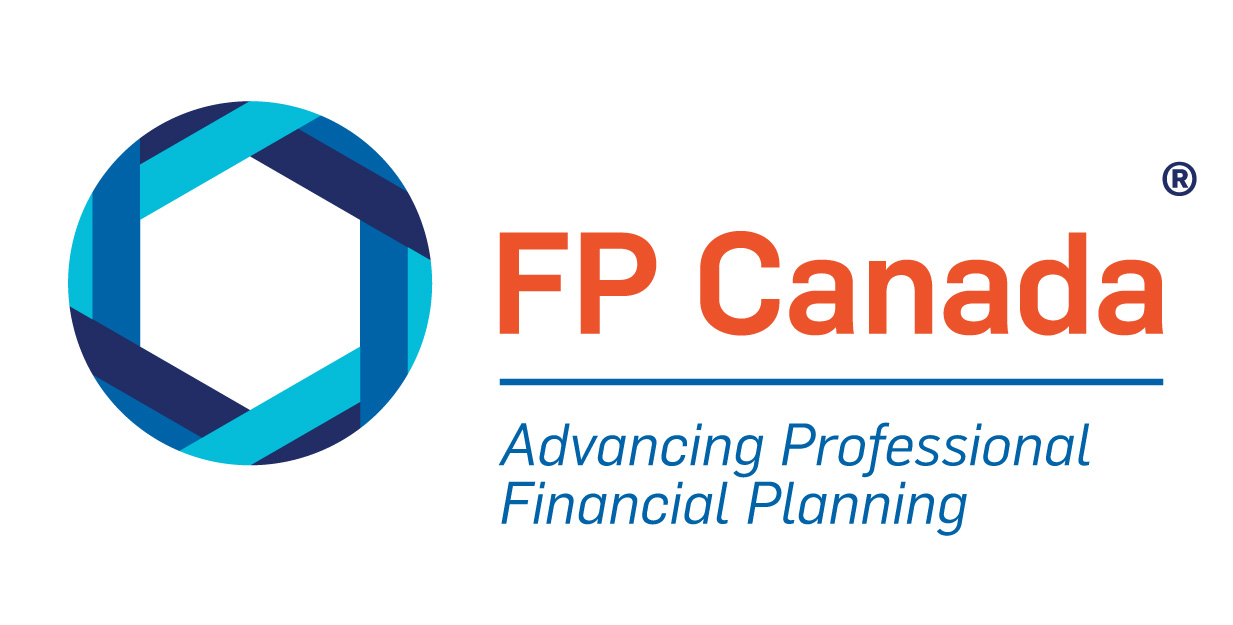It can be difficult to share your personal financial information. Just remember that CFP® professionals and QAFP® professionals are there to help you.
Financial Planning Shouldn’t Cause Anxiety
We share personal information with many professionals, including doctors, lawyers and dentists. But we’re often reluctant when it comes to revealing financial details. Fortunately, there are some simple ways to ease that worry.
Why the Reluctance?
There are a number of reasons an individual may feel reluctant to enlist the help of a CFP professional or QAFP professional. They range from embarrassment about exposing spending habits to fears of being sold something they don’t understand. Some people also believe they don’t have enough money to work with a planner. These types of concerns can stop those who may need help from seeking it.
How Do I Overcome My Reluctance?
Ready to make the first move toward overcoming anxiety and achieving a more secure financial future? It may be easier said than done, but like anything, starting with the basics is the best way forward.
The key is finding someone you can trust—a financial planner who can help you achieve your goals. Whether you want to plan your dream vacation, pay for your child’s education, or enjoy a comfortable lifestyle in retirement, finding a planner who understands you and ensuring you’re comfortable is the first step.
From there, sharing your financial information with your planner is essential. It allows them to form a complete picture of how different areas of your financial life impact one another.
What Steps Do I Need to Take?
Try these tips for overcoming your anxiety and making the most of working with a CFP professional or QAFP professional.
Forget judgment
Your financial planner has seen it all. They’re not judging your money woes, spending habits, or how much you have or haven’t saved. They’re focused on helping you take control of your finances, starting with where you are right now.
Get in sync
Consider the values and personality of your planner. If they’re aggressive and you’re passive, the relationship may not work. Regardless of personality type, don’t be afraid to ask questions — and be sure you understand the responses. At the end of the day, your planner needs to understand your priorities, and you need to be comfortable with the steps they help you take.
Avoid the jargon
Experts sometimes use terminology that isn't' easily understood by those outside the industry. A good financial planner will take the time to explain what it means and will welcome your questions. Find a planner who listens, appreciates what you want to achieve, and clearly explains how they'l help get you there.
Focus on the end result
It’s common to feel self-conscious about sharing personal information with a new professional. While you might feel a bit uncomfortable at first, working with a financial planner is the best way to reach your financial and life goals. Isn’t taking the plunge worthwhile?
To find a CFP professional or QAFP professional in your area who can help guide you financially, use our Find Your Planner tool.

 Find Your Financial Planner
Find Your Financial Planner

